what you can learn from burnout
Kate Stanton goes through all the hang-ups of this specific fatigue, and what you can learn about burning your candle at both ends.
If burnout feels like a rather nebulous term, it’s because we use it these days to describe everything from fatigue to an actual breakdown. And that’s OK, because burnout does sit on a spectrum, and researchers are still working to pin it down. But the World Health Organisation pushed the needle in 2019 by upgrading burnout from a “state of vital exhaustion” to a “syndrome” caused by “chronic workplace stress”.
Generally, burnout means you’re emotionally depleted. You’re tapped out. You’re trying to zoom down a long stretch of road with nothing in the tank. You might feel totally fried, overloaded, less productive or super-duper negative and irritable, usually because you’re doing a heck of a lot more work than you can handle. Chronic and prolonged stress can have all kinds of nasty consequences for our mind and bods, and we would never minimise its effects.
But if you have gone through burnout or you’re experiencing it now, it might help to know what you can learn from the experience. There’s light at the end of the big ol’ exhaustion-tunnel, and part of recovering from burnout is learning the changes you need to make to live a chiller, more sustainable and hopefully burnout-free life.
SELF-CARE MATTERS Clever marketing campaigns and corporate wellbeing directives often make it sound like we’re only a meditation app and a full-body mud wrap away from a perfect self-care routine, so we can understand if you’ve become a little cynical about the importance of looking after yourself. But a bout with burnout will remind you that nourishing your mental, physical and emotional well-being — through exercise, meditation, deep breathing, therapy, playing with your pooch or however you define it — will help you cope when things get tough. Research says so.
SUCCESS HAS NEW MEANINGS Burnout is usually linked to overwork; maybe you’re swamped with study, pulling all-nighters to launch your small business, or trying to climb your way up the career ladder. Even ‘free time’ can feel like work when there’s societal pressure to have an active social life, romantic life and and creative life to be “successful”. But how are you supposed to do all that and the dishes?! Burnout is an opportunity for you to reframe what success can mean for you, to pull back on chasing perfection and to think strategically about how you can prioritise the stuff you need to feel fulfilled.
RESTING RULES We can’t say definitively what humanity will look like in 2080 (maybe we’ll all turn into human-droid hybrids?!). For now, though, people aren’t machines. Burnout teaches us that we have finite amounts of time and energy. Rest and relaxation isn’t something you need when you can find the time. It’s not a luxury. It’s not selfish. And it doesn’t always look like a lengthy holiday on a pristine beach (though we’ll take it!). We have to incorporate regular periods of rest into our lives to replenish the mental, physical and emotional resources you need to cope with everyday challenges.
YOU'LL GROW FROM THIS Though an important American philosopher Kelly Clarkson once said that “what doesn’t kill you makes you stronger”, it can be annoying when people frame really difficult mental health challenges as “lessons”. And we get it! Many of the factors that lead to burnout are related to structural forces outside our control — like having to pay the damn rent every month, deal with discrimination at work or care for sick family members. But it can push you to seek outside help, reflect on your decision-making and develop healthy coping mechanisms. Hopefully, the next time you’re going through some hard stuff, you’ll be better prepared to deal with it.
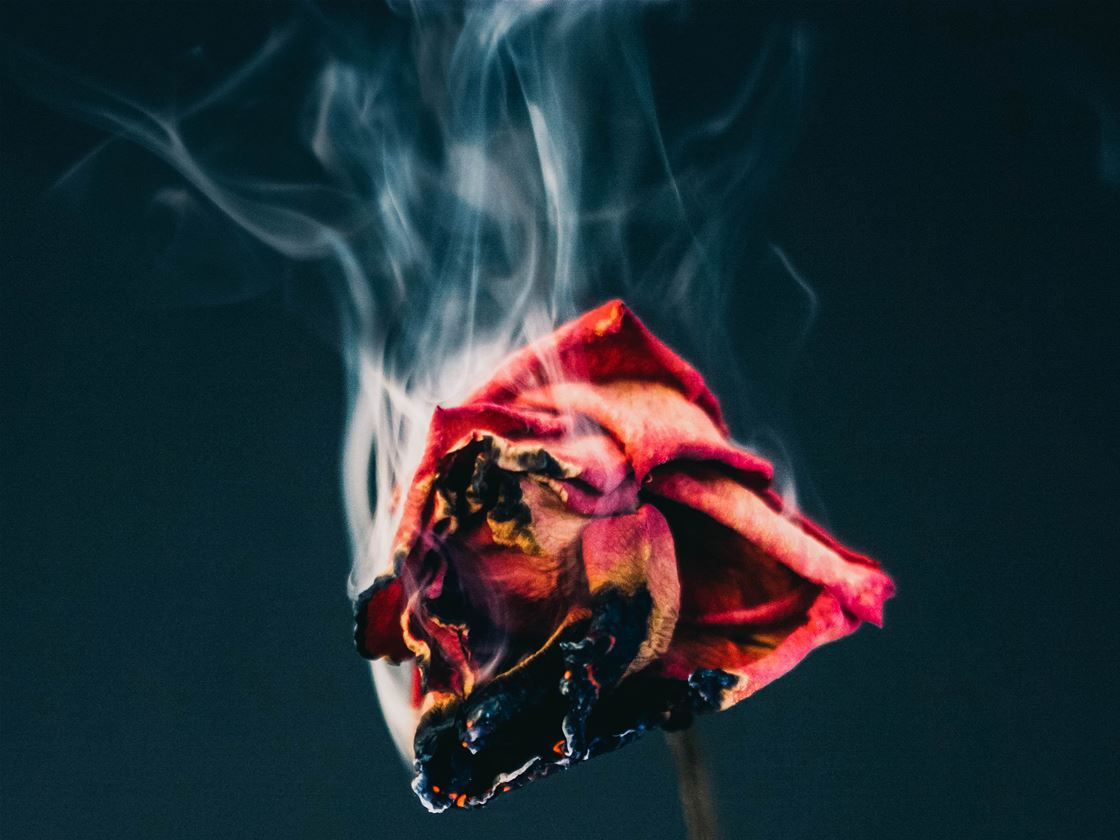
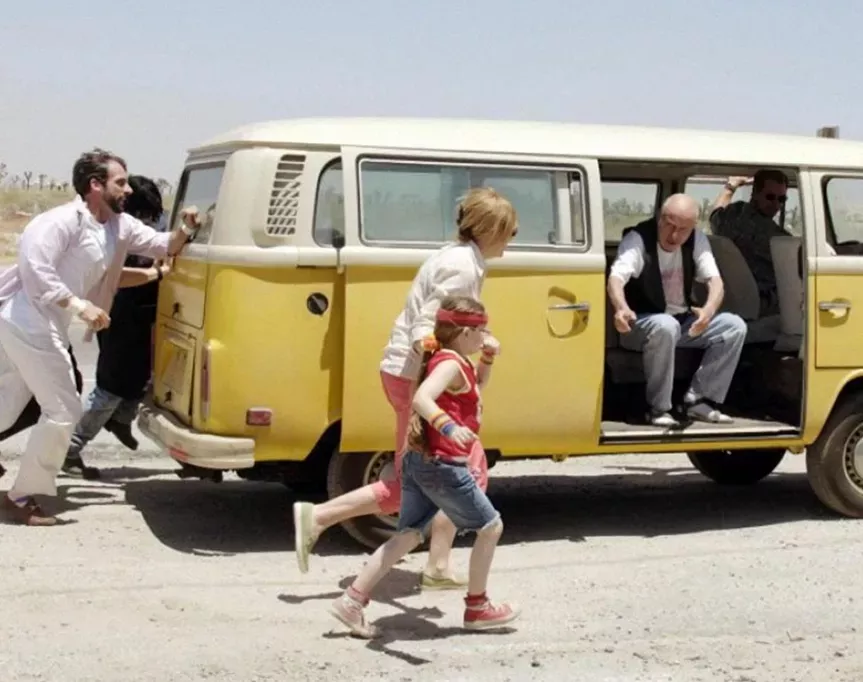

.jpg&q=80&h=682&w=863&c=1&s=1)
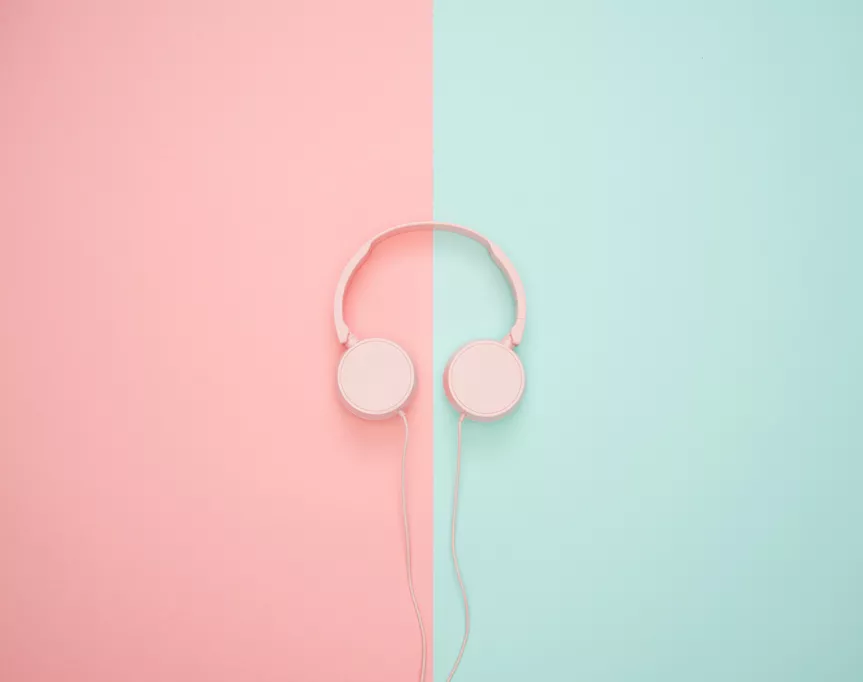
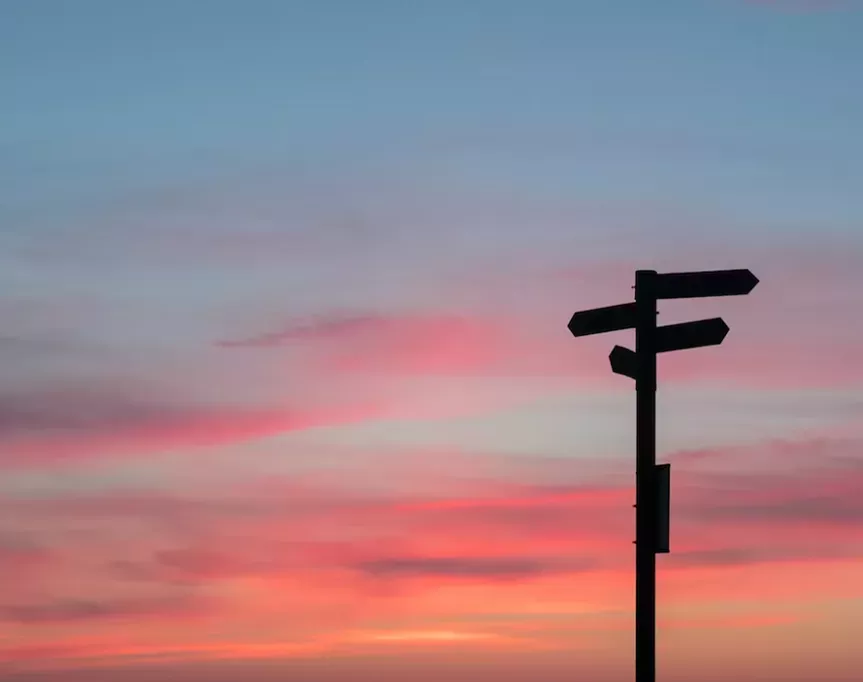
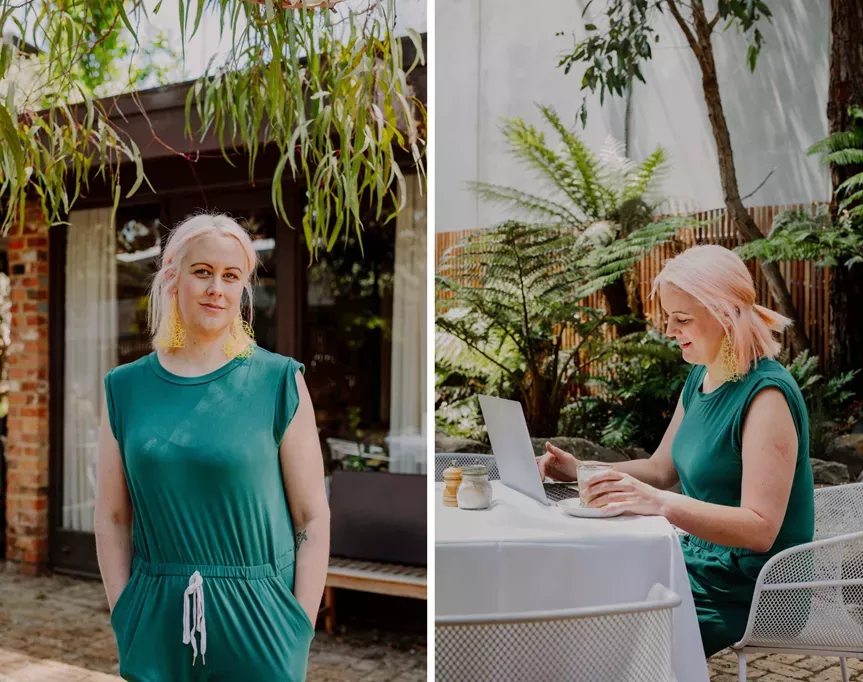
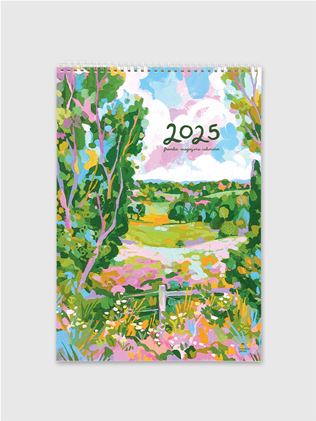
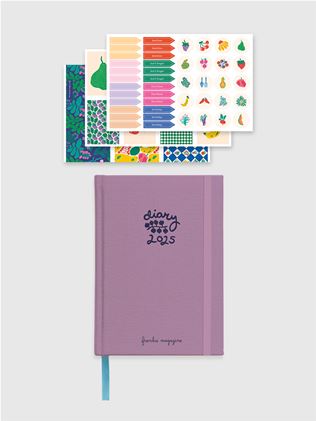
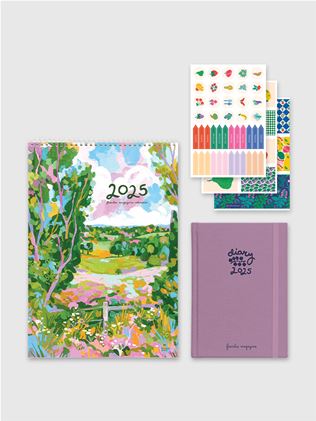
.jpg&q=80&w=316&c=1&s=1)



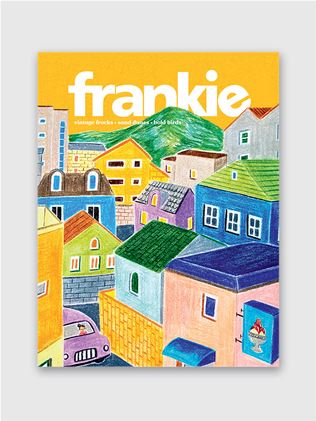


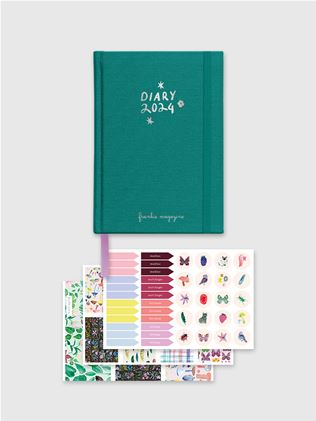



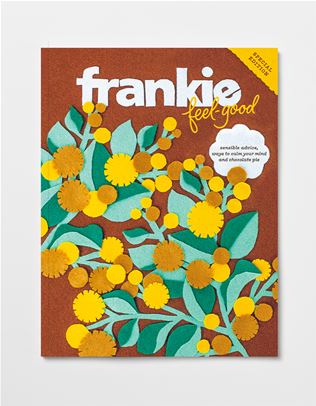






.jpg&q=80&w=316&c=1&s=1)










